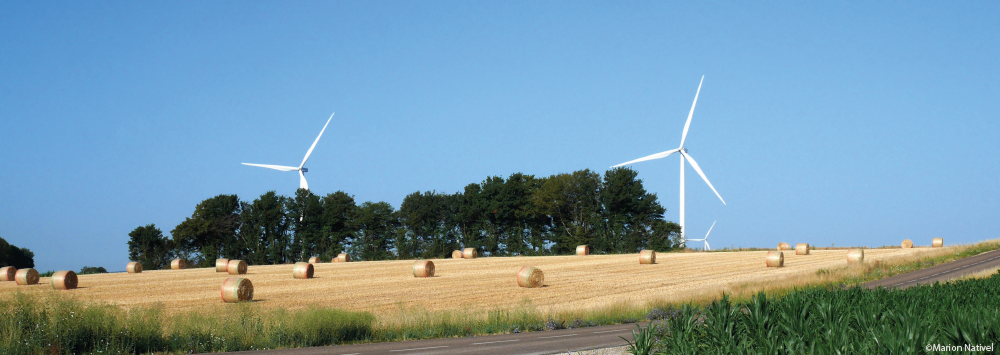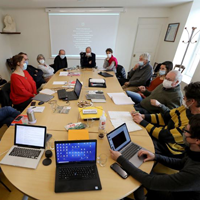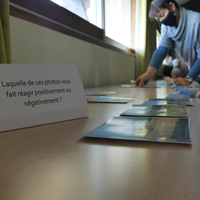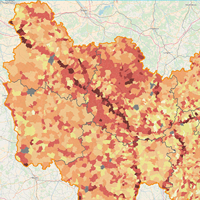
Territorial Intelligence
The Territorial Intelligence team brings together a set of complementary experts: geographers, urban planners, economists, specialists in geographic information sciences and technologies.
Coordinator : Thomas Buhler
The originality of the team’s research is based on :
- analysis and understanding of the interactions between the various components of territories, the information and representations produced and the decisions taken by actors.
- diversity of the methodologies used
- permanence and the relevance of the use of the concepts of Territorial Intelligence and collective intelligence
- mobilisation of geographical concepts, methods and tools in a transdisciplinary framework
- reflections on the scope of data in decision-making and as a corollary the question of knowledge, informational counterpart of transdisciplinarity
- consideration of the articulation between modelling and observation, between model and observatory
Since its creation, the team has focused its efforts on the understanding and formalisation of the processes at the origin of strategies, decisions and actions carried out within territorial systems. This research is structured around three key areas and their interfaces:
- socio-spatial systems, territorial components and processes
- territorial strategies, actions and decisions
- production of knowledge about territories
The team draws on the complementary skills of its members, whose research is carried out by combining action research, support for the creation of new tools, and critically distanced "socio-technical" analysis. The special access to certain operational knowledge production systems enriches the research and provides access to their data and information. At a thematic level, the work envisaged is particularly interested in environmental and energy issues, mobility, densification and social action. The body of knowledge produced regarding the components and processes, the representations, the actions, the strategies and the decisions of the individual and collective actors and their territorial effects position the researchers of the team in a reflexive posture (critical approach to our own methods, aimed at understanding what are, in this context, the drivers of territorial action).
National and international scientific networks
GIS HYBRIDA : réseau international mixte de recherche en travail social
International Network of Territorial Intelligence
Conférence Transjurassienne (CTJ) et observatoire associé (OSTAJ)
Ecole Polytechnique Fédérale de Lausanne (Laboratoire de sociologie urbaine, Energy Center)
Centre de Recherche sur l’Energie de Martigny
HEIG-Vd (Haute Ecole d'Ingénierie et de Gestion du Canton de Vaud)
UMR d’InfoRmatique en Image et Systèmes d’information (LIRIS), INSA-Lyon
Collège International des Sciences du Territoire (CIST)
Laboratoire Techniques Territoires et Société (LATTS)
UMR Aménagement Économie Transports
UMR Environnement Ville Société
Laboratoire de Géographie et d’Aménagement (LAGAM)
GDR MAGIS : prospective action « Energie-Territoire-Information-Connaissance » until 2020.
Institutional partners
Pays de Montbéliard Agglomération
Région Bourgogne Franche-Comté
ADEME (Agence de la transition énérgétique)
ADIL du Doubs (Agence Départementale d’Information sur le Logement)
Private partners
Opérateurs énergétiques : GRDF, Centre de recherche de GDF-Suez
"Une rivière, un territoire" EDF
Entreprises informatiques : Phoenix, I@D informatique, Share and Move
The marginalization of their mountainous territories, by some states of the countries of the South, does it favor the emergence of protest movements or insurrectionary homes?
Thierry Amirault - Direction : Alexandre Moine



